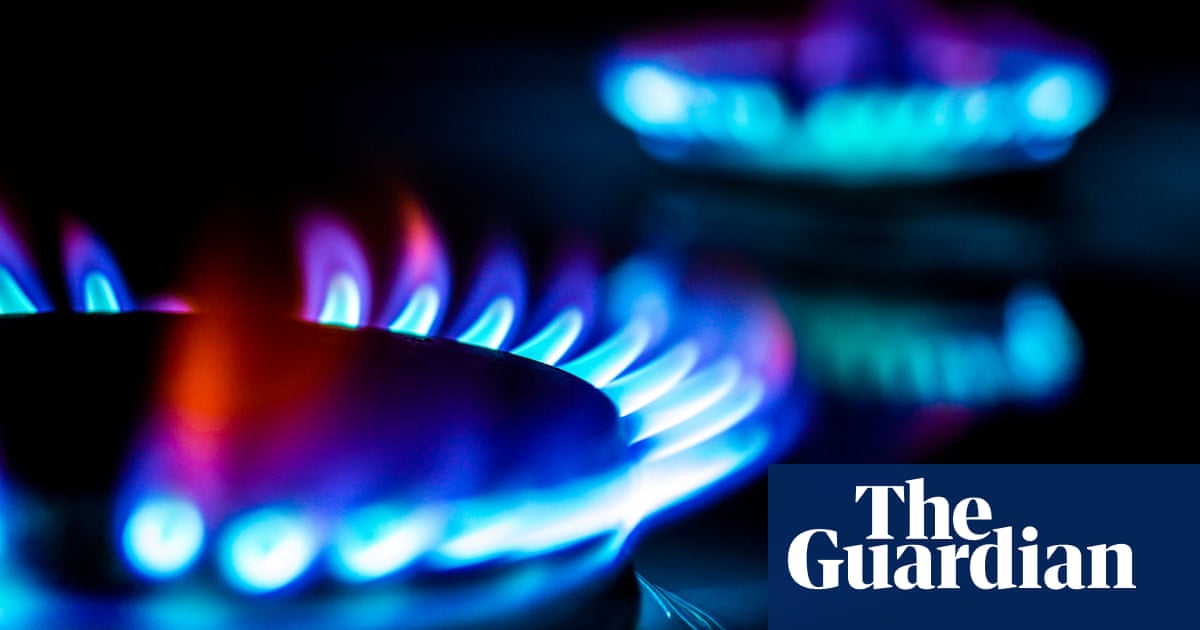Energy experts have expressed doubts that coalition plans to force gas producers to sell more fossil fuels at the local level may lead to low prices or the ease of exhibition pressures, saying that this step may also push greenhouse gas emissions.
In his budget -returned speech, he was handed over only 12 hours before Anthony Albaniz announced a federal election for May 3, the coalition leader, Peter Daton, said that if he was elected, his government will provide “gas reservation in the eastern coast.”
Instead, Daton said, “Between 50-100 PETAJOULes” from the export markets, instead, it will be “delivered to the local market,” and this would decrease prices from $ 14 per Gigajoule to $ 10. Abc later told the low prices can be achieved by the end of this year.
But experts were frustrated by the lack of details on how the coalition government implemented such a plan.
“What was announced by the coalition is not a policy-it is a lines in a speech,” said Stephanie Bashir, CEO of Energy Owners, who said.
According to Australian energy market operatorThe seasonal shortage of gas supplies to the southern states can occur by 2028 “with gaps in the annual supply of 2029.”
Australian energy producers, the body that represents the gas industry, said that the Datton plan “artificially reducing” was “interference in the harmful market that would lead to investment and exacerbate the long -term supply challenges.”
Tony Wood, director of the Gratan Institute’s Energy Program, who previously worked in the gas industry, said there is still a few details about how the alliance would be forced simultaneously on more gas in the local market and pay the price.
“This is a major intervention in the market,” he said, adding whether the coalition’s proposals slowed the transition to renewable energy sources, the emissions will rise.
The Guardian requested the alliance for more details on how to plan it to convert gas to the local market, and if it plans to put restrictions on liquefied natural gas exports, but she did not get a response before the deadline.
Currently, LNG companies can sell gas unrelated to long -term contracts in immediate markets internationally or local.
The coalition said that, if elected, he wants to increase the use of gas and maintain coal stations that work longer while building nuclear reactors funded by taxpayers.
The gas was identified by the electricity industry as an important stoppage to cover the times when renewed energy generation is low. But gas is one of the most expensive forms of electricity in the market.
“Even if the gas prices drop to $ 10 for Gigajoule,” said that even if we will increase our dependence on the gas, “said Treistan Edis, director and analyst at Green Energy Markets.
He said: “Usually, coal power plants have the cost of half of this level, so if they are replaced by gas instead of renewable energy sources, energy prices will rise.”
He said that the new gas power plant needs to be imposed about $ 170 per megawatts per hour to recover its costs if the gas costs $ 10 per Gigao.
After promoting the newsletter
Edis said: “In comparison, CSIRO estimates that the costs of wind and solar energy will range from 40 to 80 dollars per megawat per hour,” said Edis.
The transfer of LNG exports to local markets was the fastest way to increase the local supply.
But he said that the exporters can respond by intensifying investments in production, which may mean “there may not be much backup.”
The coalition plans are likely to witness more charcoal and gas while waiting for the nuclear reactors funded by taxpayers to enter renewable energy to the network.
Ronsiman said that if the movements loyal to the renewable gases slow down, this would risk the high costs of electricity.
In his speech on Thursday, Dateon said that the coalition government will also cancel the nation’s funds worth $ 20 billion to finance the electricity network promotions and major transmission projects such as transport lines and new towers.
Bashir without an alternative said, the loss of the fund will slow down the move away from fossil fuels to renewable energy sources.
Nexa Special modeling showed This delay in building the new transmission infrastructure would lead to high energy prices, reduce reliability and force the highest use of more expensive gas for electricity.
Bashir said: “The gas is my transitional fuel with a peak. It is unambiguously more expensive than renewable energy sources and batteries.”
